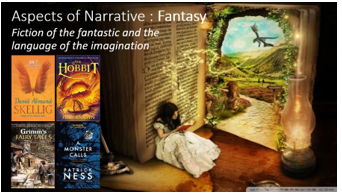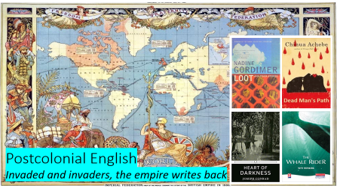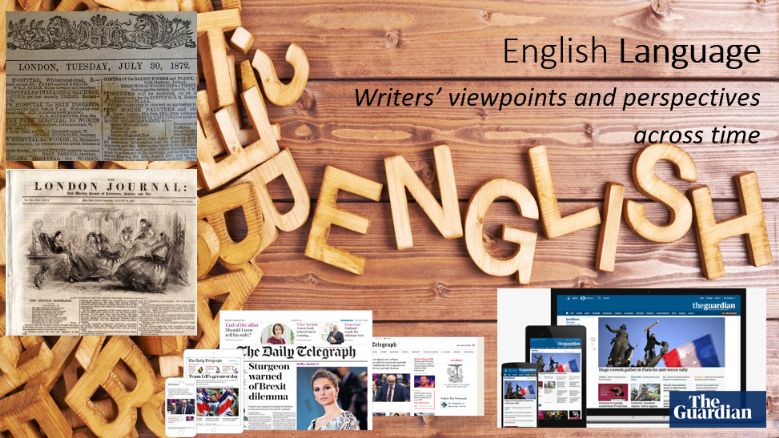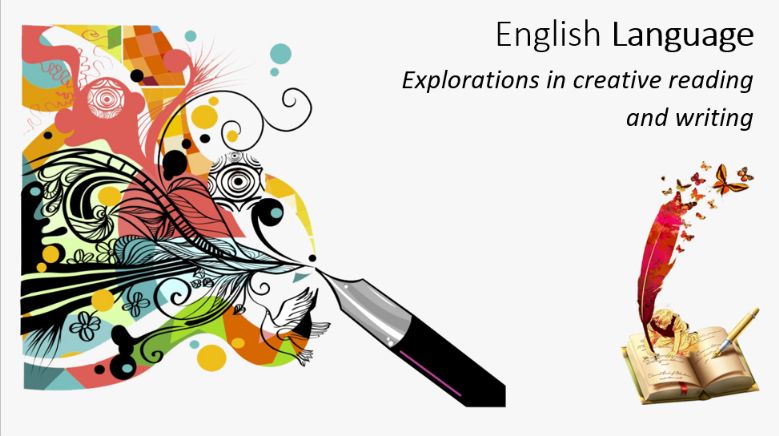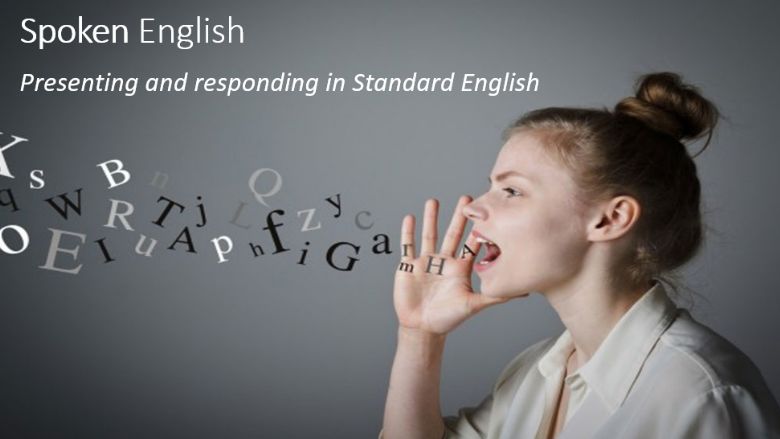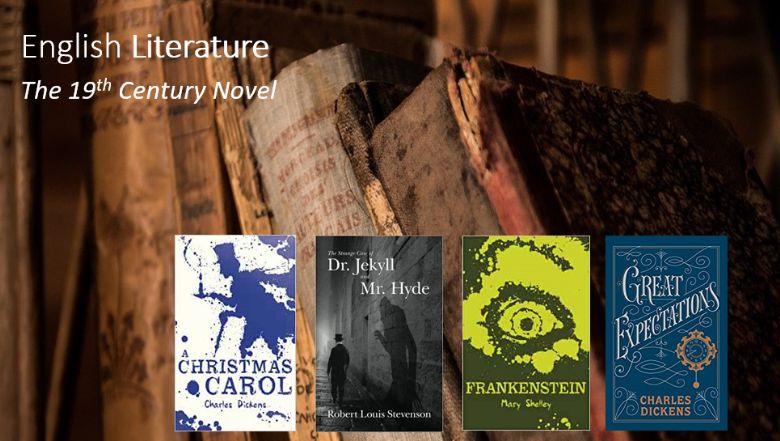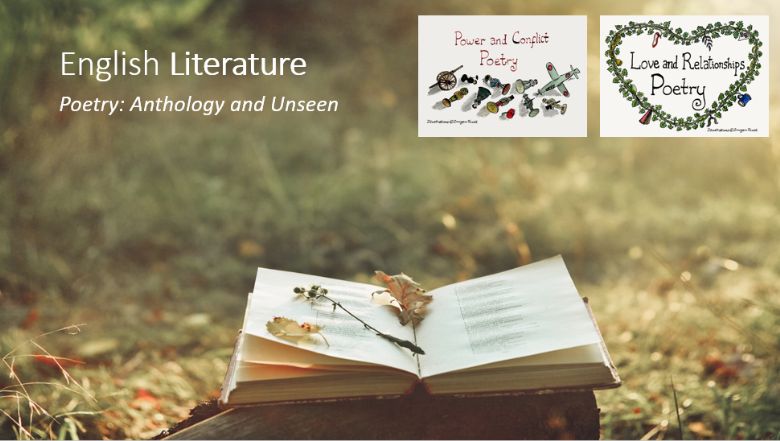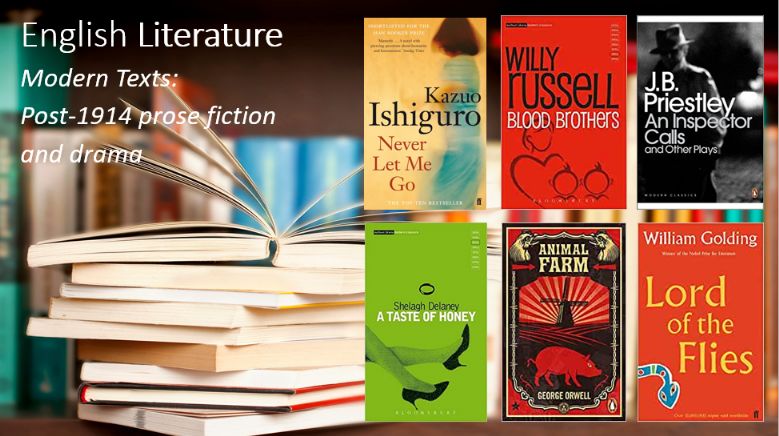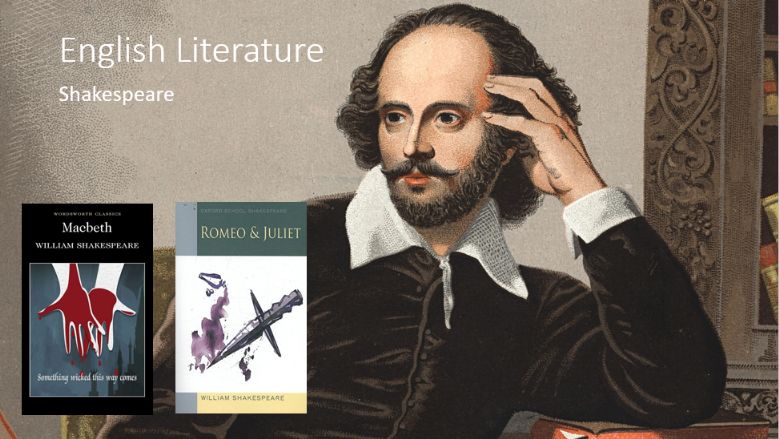English
FACULTY LEADER: Mr C Smith
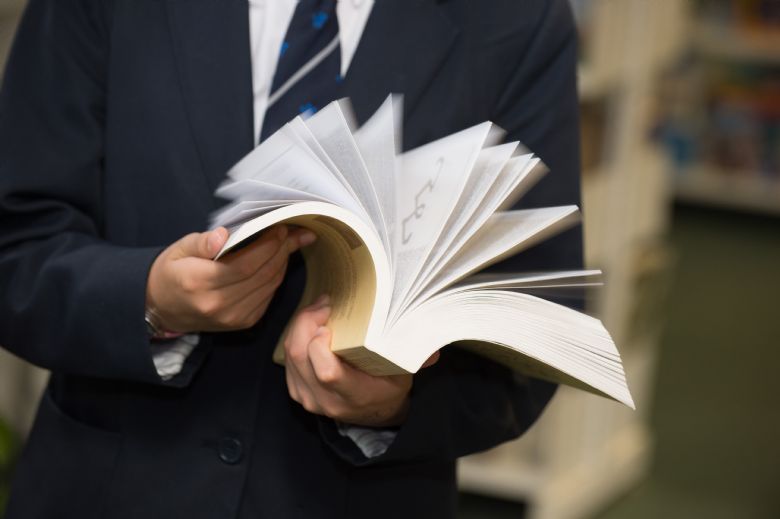 English at Prince Henry’s provides students with a bright, vibrant understanding of English in spoken, written and media forms, and a level of literacy that gives them safe, sharp, and informed access to the world around them, and an ability to express themselves clearly and in detail. Through the deep understanding and appreciation of the subject by our teachers, we also hope to instil a lifelong love of reading, writing and communication, which is at the heart of the PHGS English Faculty.
English at Prince Henry’s provides students with a bright, vibrant understanding of English in spoken, written and media forms, and a level of literacy that gives them safe, sharp, and informed access to the world around them, and an ability to express themselves clearly and in detail. Through the deep understanding and appreciation of the subject by our teachers, we also hope to instil a lifelong love of reading, writing and communication, which is at the heart of the PHGS English Faculty.
KS3 Curriculum
The PHGS English Curriculum is broad and balanced, exploring genres of English Literature and use of the English Language from ancient times to modern. Students begin by studying Aspects of Narrative, where compelling Fantasy and Mystery stories are used as a basis to understand character and narrative theory – with story at the heart of a love of reading, something explicitly allowed to flourish in the time given to Reading Lessons which occur throughout Key Stage 3. This allows Curriculum time for students to respect reading for pleasure and consider how challenging their book choices are. Our Librarian regularly issues a personalised book selection and promotes the huge range of books available on ePlatform.
This first year ends with an Introduction to Shakespeare, focusing on the skills needed to achieve understanding of a writer’s methods, an area which is developed in Year 7 from first teaching at Key Stage 2.
In the second year, students study narratives of Dystopia, the Gothic genre and a Shakespearean Romance in some detail, finishing Key Stage 3 in the third year with a study of Power and Conflict literature, Postcolonial English (where students explore the poetry and prose of World Literature, developing respect for a diverse range of cultures), and a Shakespearean Tragedy, which allows students to achieve by applying what they have learnt about genre, context and analysis of a writer’s methods.
In addition, important Reading, Writing and Spoken English skills are embedded throughout these first three years, where students flourish as they explore, re-visit and develop their literacy abilities – especially focused on the accuracy of Spelling, Punctuation and Grammar. This includes Media literacy, a particular strength of the PHGS English Curriculum, where students can apply their understanding of communication and decoding texts, images, and representation, to the context in which they live their lives.
KS4 Curriculum
At GCSE, the crucial strands of English Language and Literature studied at Key Stage 3 underpin the fiction and non-fiction texts students will explore, whether they are prose, plays or poems. In English Literature, all students will study a Shakespeare play, a Nineteenth Century text, a Modern Text, and a Poetry Anthology which contains thematic poems across time. In addition, in English Language, there is a focus on Spoken English (presenting and responding to others) which is a key skill in the modern workplace and for future education.
GCSE English Language specification
GCSE English Literature specification
English Language
Students studying English Language in Key Stage 4 will consider:
English Literature
Students studying English Literature in Key Stage 4 will explore:
KS5 Curriculum
For those students that go on to study English at Key Stage 5, the familiar themes and ideas from Key Stage 3 and 4 are explored in detail – such as the concepts of Postcolonial English in Year 9 which are found in A-Level English Language study of Region and Ethnicity, or study of the Gothic in Year 8, applied in depth to texts such as Frankenstein and Jekyll & Hyde in GCSE, which are also found in Rebecca, studied in A-Level English Literature.
In both A-Level English Language and A-Level English Literature, students complete coursework, independently choosing areas of study that interest them and which provide a bridge between guidance and the independence of learning in Higher Education.
A-Level English Language specification (note it is the 7702 A-Level component, not the 7701 AS-Level)
A-Level English Literature specification (note is the 7712 A-Level component, not the 7712 AS-Level)
English Language
Students studying English Language in Key Stage 5 will consider:
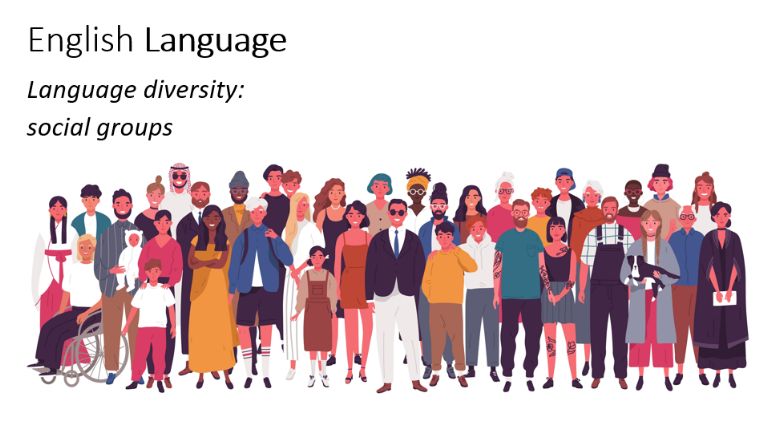
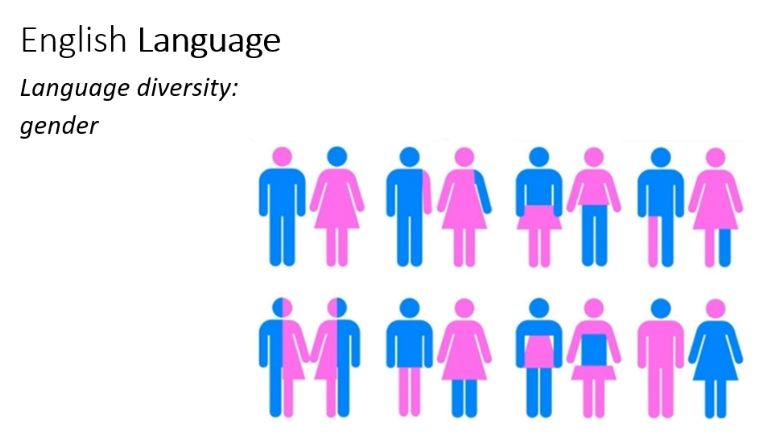

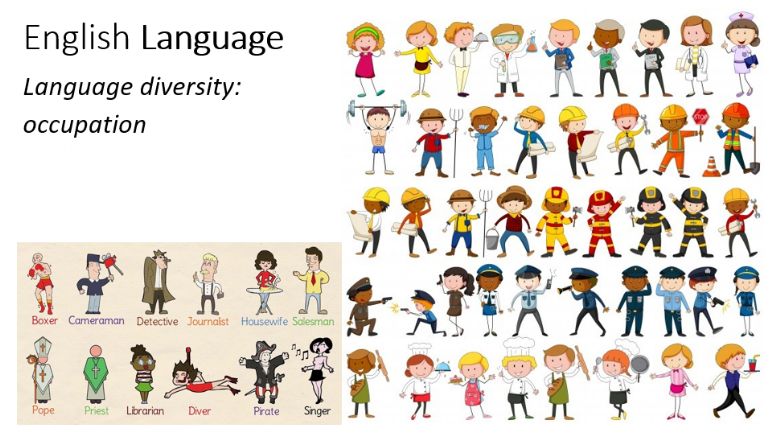
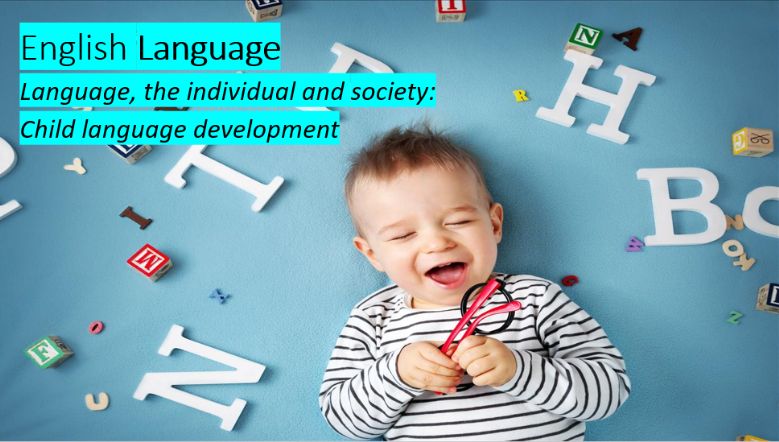
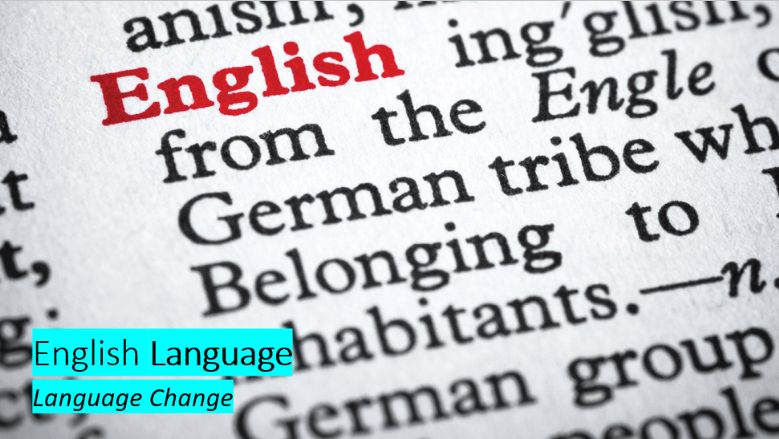
English Literature
Students studying English Literature in Key Stage 5 will explore:
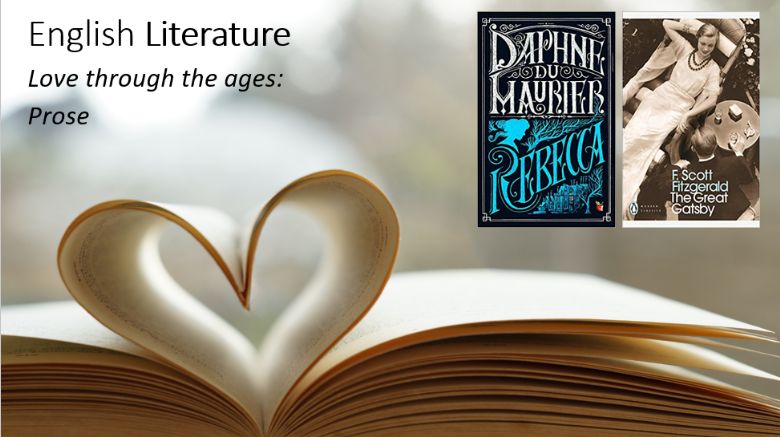


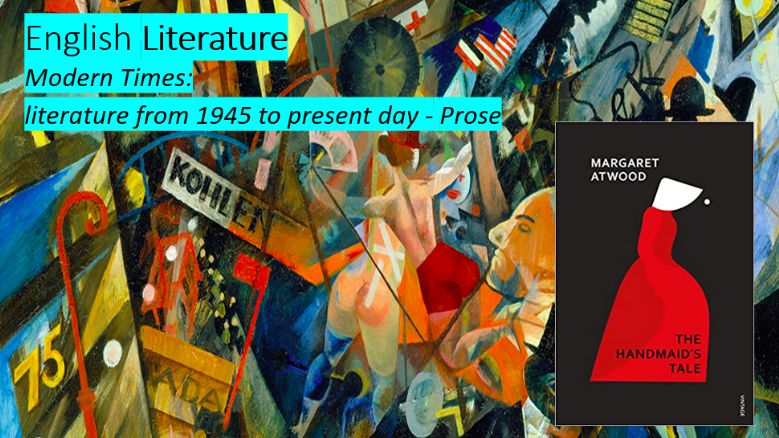
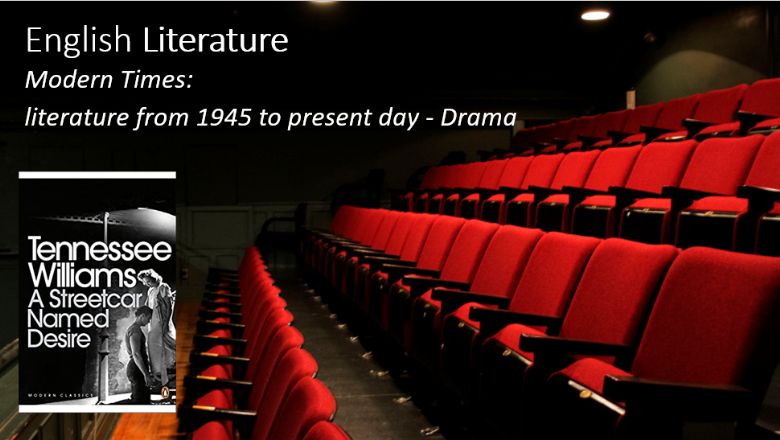
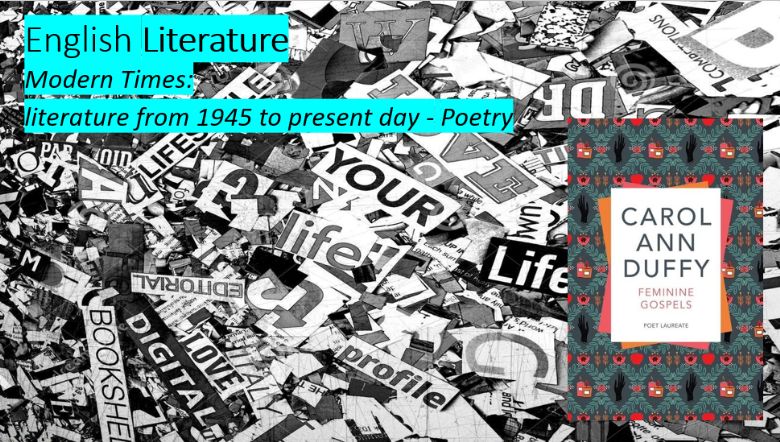
Please see the Key Stage 4 Options and Sixth Form pages for details of the KS4 and KS5 courses offered by the English faculty.
Assessment
Teaching Groups Approach
The English Faculty at PHGS uses Mixed Ability grouping in Key Stage 3 (Years 7 to 9) before Setting in Key Stage 4 (Years 10 to 11, GCSE). Even though the students are set by ability in Years 10 and 11, it is still possible for any student to achieve any grade, as both English Language and Literature are non-tiered entry subjects.
This approach has been developed based on the latest academic research (see EEF ‘Setting & Streaming’ research, most recently updated in July-2021, which analyses 58 studies into student grouping).
Combined with the expertise of our English staff, who carefully scaffold to ensure that all learners reach their fullest potential, our students continue to achieve excellent outcomes at both GCSE English Language and English Literature.
Key Stage 3
In Key Stage 3, Assessment is mapped across all three years in Reading, Writing and Spoken English. The assessments of various skills take place in each Scheme of Work during a specified Assessment Window each Half Term, and formal exams for Years 7, 8 and 9 take place once a year, which assess the skills and knowledge being studied at that time in the Key Stage 3 Curriculum. When students receive feedback, they are provided with DIRT tasks each Half-Term (when students are given Dedicated Improvement and Reflection Time to respond to feedback from their English Teachers).
Key Stage 4
In Key Stage 4, students study two separate GCSEs - one in English Language and one in English Literature. In addition to the assessment and DIRT tasks each Half-Term for all years (when students are given Dedicated Improvement and Reflection Time to respond to feedback from their English Teachers), Year 10 have internal exams which take place in GCSE English Language at the end of the year. In Year 10 students also complete a Spoken English assessment, where they prepare and deliver a presentation which assesses their ability to present and respond to others, a crucial skill in the modern world.
In Year 11, all GCSE English Language and Literature internal exams are taken over the academic year (English Language and English Literature Paper 1 in December, English Language and English Literature Paper 2 in March) so that students gain valuable experience and feedback from this form of assessment as preparation for the exams at the end of the course, and which constitute 100% of the final grade. Final GCSE exams begin in May of the Summer term.
Key Stage 5
In Key Stage 5, in addition to the assessment and DIRT tasks each Half-Term for all years (when students are given Dedicated Improvement and Reflection Time), Year 12 internal exams take place in June (Paper 2 in English Language and Paper 1 in English Literature), and in Year 13, internal exams of both papers take place in March. This allows students to gain valuable experience and feedback from this form of assessment as preparation for the exams at the end of the course. In Year 13, the Non-Examination Assessment (NEA) coursework components are delivered, where students are assessed on a range of skills related to the topics they choose independently. Assessment is 20% NEA and 80% examination.
Enrichment
As part of our enrichment programme students at all key stages can participate in theatre and cinema trips, work with professional writers, attend academic lectures, engage in literary competitions, get involved in our reading groups and work as part of the school’s student magazine.

